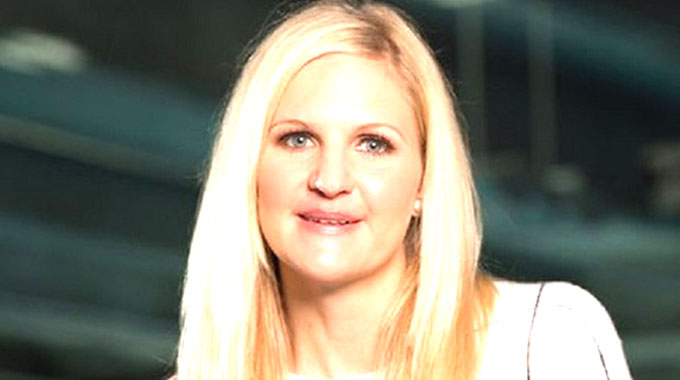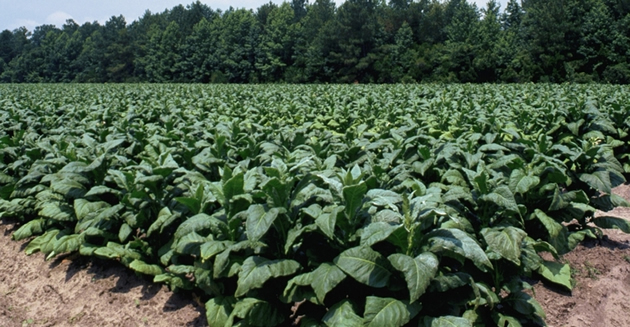Goat project transforms Gwanda community

Bulawayo Bureau
IN 2015, a family in Selonga Village in Gwanda came together and started the Amohelang goat breeding project, which had nine goats and today, they have over 200 animals.
The group started off with nine members from the Dube family, with each member contributing a goat.
The initiative was part of efforts by the family to improve their livelihoods and create a legacy for their children.
They are rearing the Boer-Matabele cross breed and hope to introduce the Kalahari breed as it has good traits suitable for the Matabeleland South climate.
A big number of goats have been sold since the project started.
Each goat is sold for US$80 or R1 500 due to the breed’s quality.
The group follows a systematic breeding pattern that has helped preserve and protect their flock. They rear shepherd dogs, which accompany the goats to protect them from wild animals.
The project has 14 members who take turns to watch the goats as they graze to ensure protection.
When the group started the project in 2015 they were operating on a small-scale but the Edward Ndlovu Memorial Trust came in with training, which helped them to maximise production.
The Trust also helped the members to start a garden project where they grow fodder for their goats.
Amohelang project group leader, Mrs Sibongile Dube, said the training they received helped them to realise that goats needed extra care.
“We started off the project with nine members in 2015 and we contributed one goat each. We started off at a slow pace as we didn’t have much knowledge of goat breeding. Edward Ndlovu Memorial Trust then came in with training. They also assisted us with a solar-powered borehole for our garden project on a loan basis,” she said.
“We have received valuable training that has helped to sustain our project and to grow our flock. We learnt about the importance of dipping and dosing our goats regularly to protect them from diseases. It’s also important to treat an ill goat and to give it proper medication. This project is a family project and it has greatly helped to sustain and empower us.”
Mrs Dube said during the rainy season they ensure that their goats are kept in an enclosed area to protect them from diseases.
She said they feed their goats lucerne, chaff and sorghum to supplement browse. She said they give the goats water which comes from the borehole to ensure that they are in good health.
Ms Tupeho Dube who is also a project member said a female goat (doe) can give birth twice a year usually to two kids per birth. She said they take extra care of the expecting goats and the kids as they are at high risk of being attacked by predators.
Tupeho said they had a kraal that doubles with housing expecting goats.
She said when a doe nears its delivery date, it is moved to the kraal where it was closely monitored.
“When a kid is born we keep it in the kraal for three months. From four to six months we allow it to roam around close to the kraal but it doesn’t go out into the wild in order to protect it from predators. The kids only go out to the wild when they are six months old. Within those six months we will be feeding the kids chaff and dried lucerne. Chaff strengthens their bones,” she said.
Tupeho said they dry the lucerne before feeding it to kids as it causes diarrhoea. She said dosing the kids was also crucial. She said when it’s raining they keep the kids in a kitchen hut.
Project member, Mr Petros Dube, said the project had nine members and one of their main tasks was to herd the goats.
He said they had two shepherd dogs trained to watch over the goats.
Mr Dube said the dogs were trained to cohabit with the goats, while they were still puppies.
He said this had helped to protect their flock from predators.
Mr Dube said every single goat and kid in their flock mattered. He said at the end of each day the shepherd dogs drive the goats home.
He said they take stock of the flock at the end of each day to ensure that they are all accounted for. Ms Matron Moyo, who is also a project member said they sell their goats to other breeders, butcheries and organisations.
She said some people come as far as Harare to buy their goats. Ms Moyo said the goat project was a viable enterprise which has helped them to realise significant income. She said it was their desire to find bigger markets.
Edward Ndlovu Memorial Trust director, Mrs Vivienne Moyo said through the community outreach programme their target is to contribute to development through provision of adequate, relevant and up-to-date information.
She said under the programme study circle groups have been created where villagers come together and identify problems affecting them and formulate solutions with the assistance of experts.
Mrs Moyo said the farmers take a leading role.
“When communities are empowered through access to education and information they can apply their knowledge and skills to improve their situation and circumstances,” she said.
The Trust has empowered the communities through projects that include goat keeping, poultry, nutrition gardens and crafts. It also facilitates training of communities on markets, market access, value addition, horticulture, goat production, climate change, climate-smart agriculture, disaster risk reduction and environmental management among other issues.








Comments